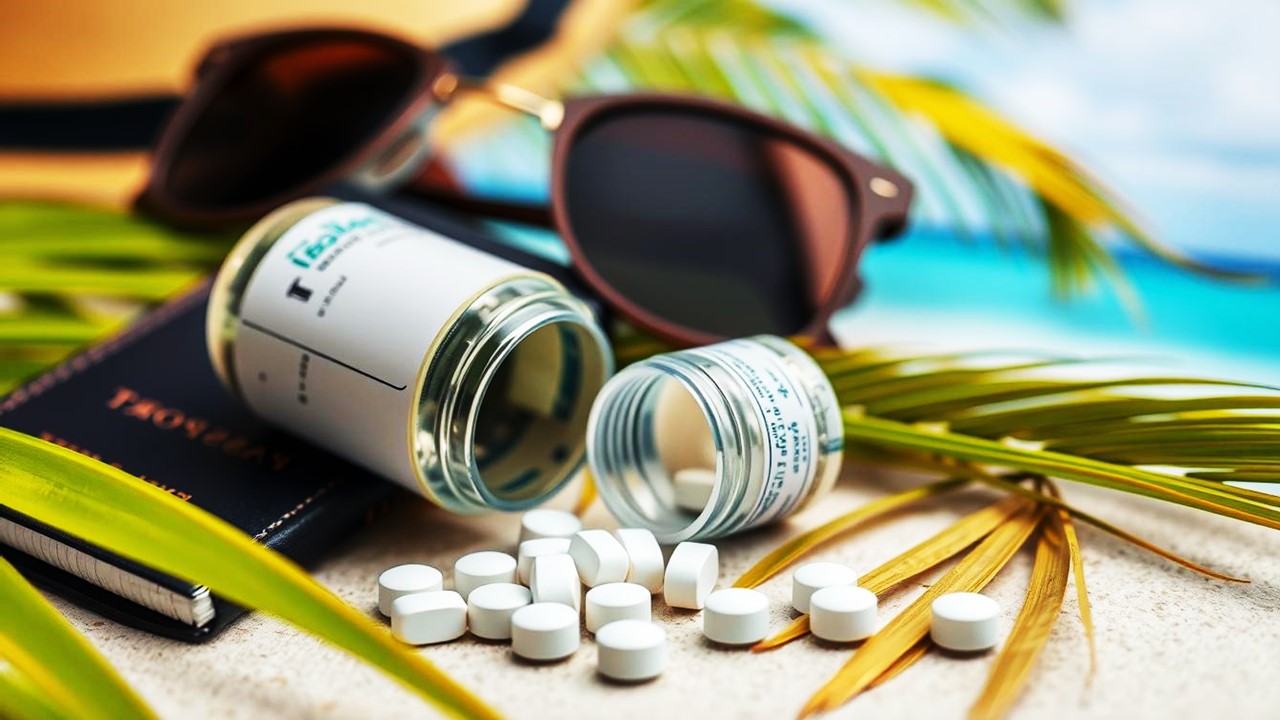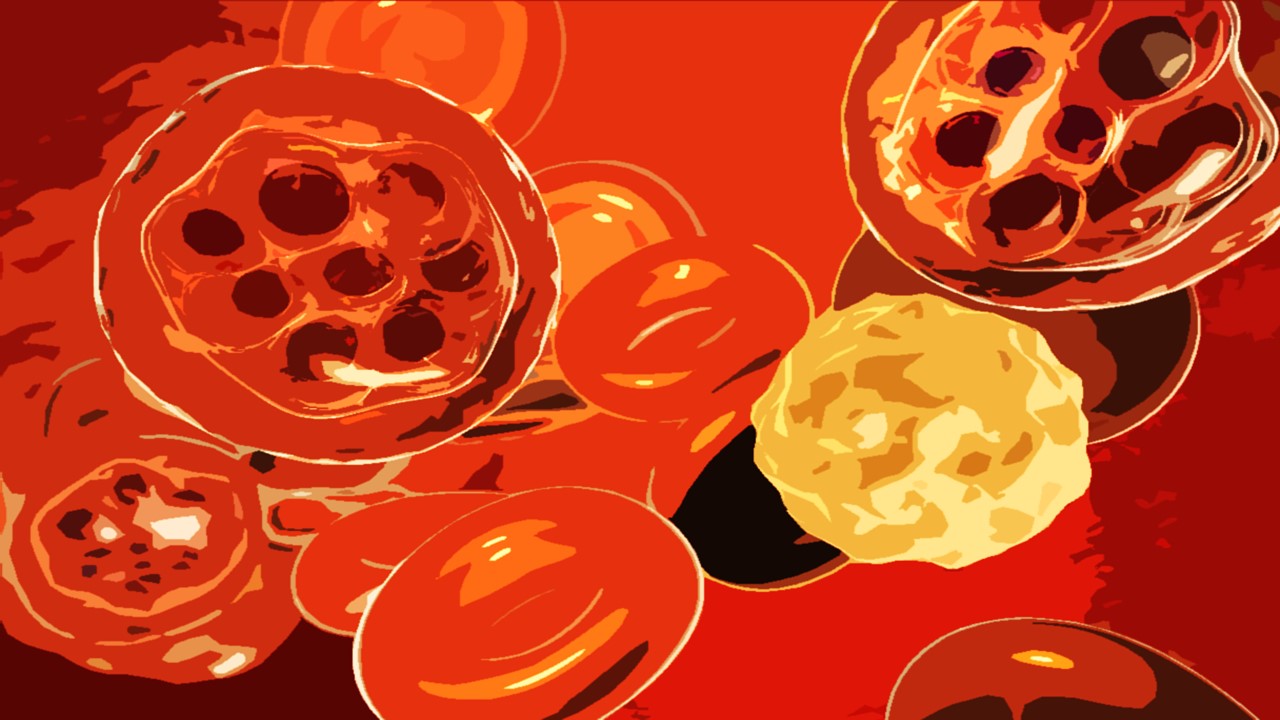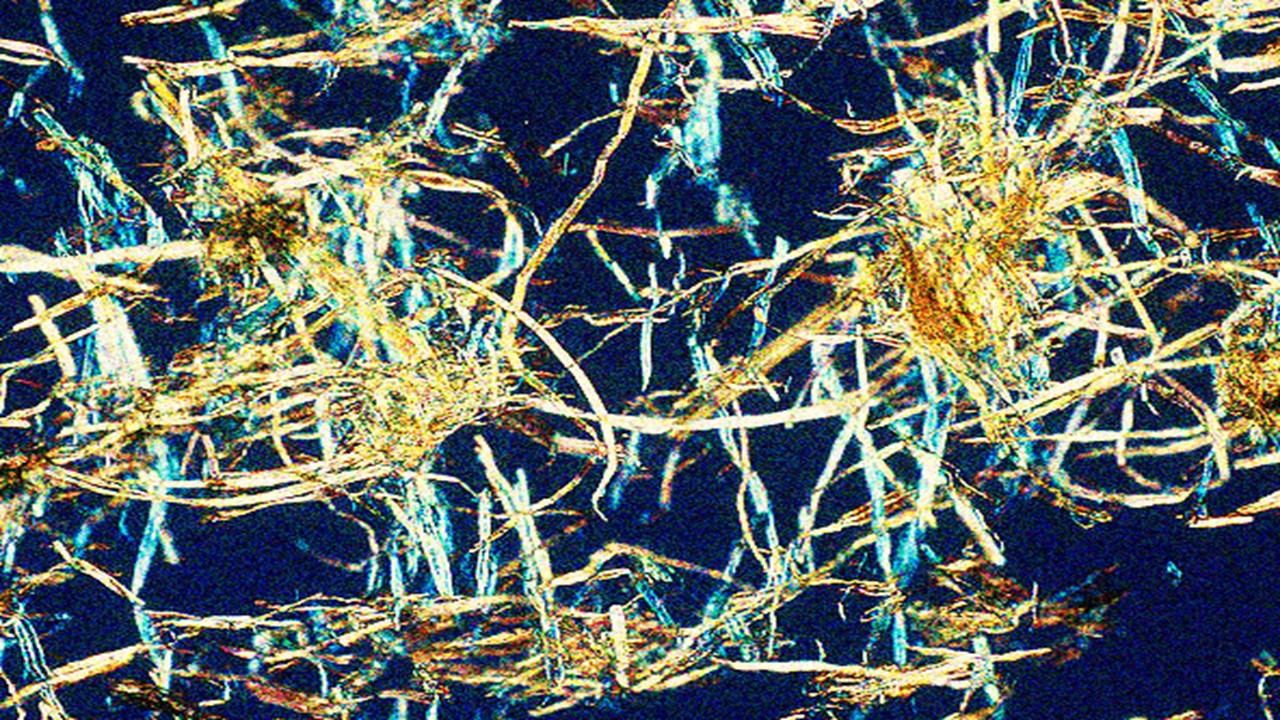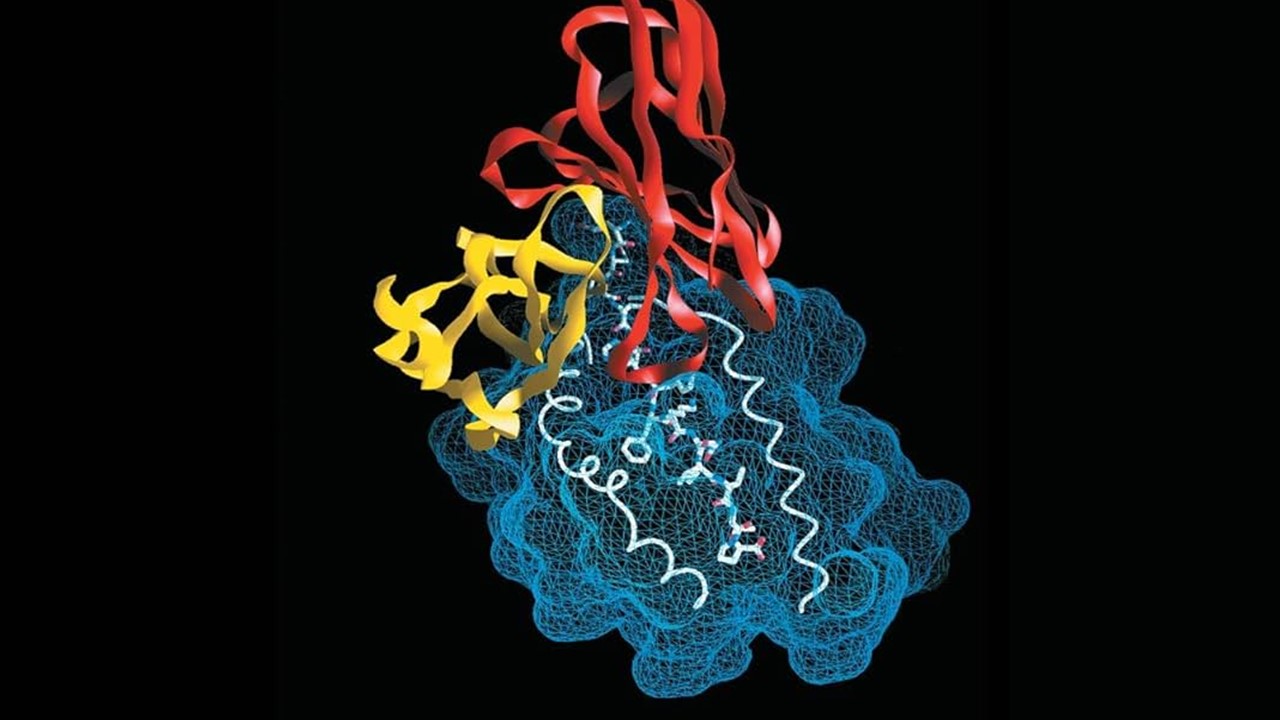
It is evident that the recently developed COVID-19 vaccines have significantly reduced the number of hospitalisations and deaths across the world. Unfortunately, due to the challenge of reaching herd immunity and emerging variants, hospitalisations with severe illness continue to put a strain on healthcare systems. Thanks to clinical trials like the Solidarity Trial, a number of potential COVID-19 treatments are being developed to reduce the risk of death in hospitalised patients.
Introduction
Pharma companies have been determined in their efforts to develop drugs which treat severe illness for those hospitalised by COVID-19 (SARS-CoV-2) – fears about the impact of variants on current vaccines and the unvaccinated population continue to drive research.
Several drugs including antiviral agents, some antibiotics, and anti-inflammatory agents are among the drugs being explored for their efficacy to treat SARS-CoV-2. There has been great interest in drug repurposing to accelerate the development of drugs that can treat the severe illness caused by the virus.
Drug repurposing is an established method of speeding up the conventional drug discovery process, by identifying a novel clinical use for drugs which have already demonstrated safety and efficacy in humans for specific indications. In terms of the benefits for pharma companies, this strategy can reduce the costs of drug development, by removing the need for preclinical phase I and II.
Authorised treatment: EU
Veklury – Remdesivir
Vekurly is an antiviral medicine used to treat COVID-19, and is typically used to treat adults and adolescents with pneumonia requiring supplemental oxygen. The active ingredient of the drug, Remdesivir, is another name it may be recognised as.
Remdesivir is a viral RNA polymerase inhibitor, and so works by interfering with the production of viral RNA – this prevents the virus from replicating further inside the cells. As a result, the human immune system can work to attack the viral infection more rapidly, and potentially improve patient recovery.
In 2017, mouse models were used to demonstrate the impact of this drug post-exposure to the virus SARS-CoV. Mice with the pathogenesis of the virus were administered a prophylactic regimen of remdesivir in early therapeutic exposure after initial infection. The data demonstrate a significant reduction in the pulmonary viral load, as well as mitigating disease progression, and improve respiration function.
This promising result no doubt supported the more recent investigations of the drug and its suitability to treat SARS-CoV-2.
The recent NIAID-ACTT-1 study investigated the efficacy of veklury across 1,063 hospitalised patients with COVID-19 (120 with mild to moderate disease and 943 with severe disease). The results showed that veklury can speed up the recovery time in a number of patients – in the overall study population, patients treated with the drug recovered after about 11 days (compared with 15 days for patients on the placebo).
However, no difference was seen in time to recovery in patients with severe disease who started veklury when they were already on mechanical ventilation or ECMO (extracorporeal membrane oxygenation).
Despite the insignificant difference for patients with severe COVID-19 illness in this clinical study, veklury has been authorised by the European Medicines for use in the EU for COVID-19 in patients with pneumonia requiring supplemental oxygen.
The drug received a conditional marketing authorisation – this was granted because “the medicine addresses an unmet medical need and the benefit of immediate availability outweighs the risk from less comprehensive data than normally required”.
Ronapreve
In August this year, the UK approved Ronapreve, the first approved monoclonal antibody drug for the prevention and treatment of acute COVID-19 in adults.
Developed by Regeneron and Roche, the drug is a combination of casirivimab and imdevimab, and works by binding to two different sites on the SARS-CoV-2 spike protein – this neutralises the virus’s ability to infect cells in the lining of the respiratory tract.
Ronapreve is administered by injection or intravenous infusion, and recent clinical trial data supports the positive impact it could have for patients with COVID-19. According to a recent article, the UK’s Recovery trial concludes that Ronapreve “reduced the risk of death when given to patients admitted to hospital with severe covid-19 who had not mounted a natural antibody response to the virus”.
Ronapreve has been licensed in the US, India, Switzerland, and Canada, as well as by the EU.
One of the potential challenges with this treatment, is the fact that trials investigating ronapreve occurred before the emergence of “variants of concern” including the delta variant. However, since the vaccines remain largely effective against the delta variant, the treatment continues to have a positive impact on hospitalised patients with COVID-19.
Research and development: Solidarity clinical trial
The World Health Organisation has recently announced the next phase in its Solidarity clinical trial. The Solidarity trial is a multinational Phase III-IV clinical trial organised by the WHO and partners, to compare untested treatments for hospitalised patients with severe COVID-19 illness. The treatments being investigated are:
• Remdesivir
• Lopinavir/ritonavir combined
• Lopinavir/ritonavir combined with interferon-beta
• Hydroxychloroquine or chloroquine
The next phase, known as Solidarity PLUS, will enroll hospitalised patients to test three new drugs for those hospitalised with COVID-19. The drugs – artesunate, imatinib, and infliximab – are currently in use for other indications, and have now shown potential for reducing the risk of death in hospitalised COVID-19 patients.
In addition to identifying drugs which could be potentially effective, ineffective treatments are dropped throughout the course of the trial, which is equally important for patient health.
The Solidarity PLUS trial involves thousands of researchers in over 600 hospitals across 52 countries, and 16 more countries than the first phase of trials – the trial will act as a solid platform to assess multiple treatments at the same time, using a single protocol.
Through this multinational clinical trial, researchers around the world will be able to combine their expertise and resources to continue efforts to prevent and treat COVID-19.
Charlotte Di Salvo, Lead Medical Writer
PharmaFeatures
Subscribe
to get our
LATEST NEWS
Related Posts

Infectious Diseases & Vaccinology
Harnessing IgA: A Breakthrough in HIV Vaccine Innovation
A vaccine eliciting strong IgA responses could revolutionize HIV prevention by protecting the virus’s primary entry points.
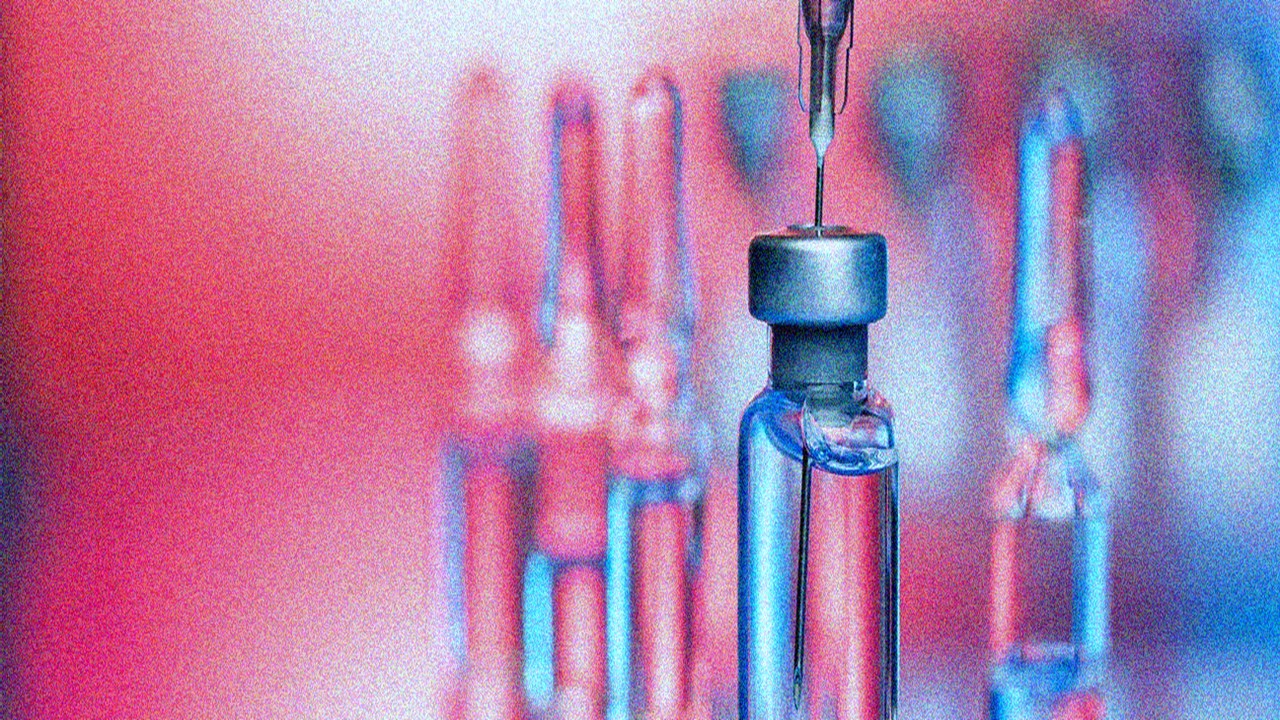
Infectious Diseases & Vaccinology
Prostate Cancer Precision-Targeting: The Promise and Challenges of Vaccine Therapies
The future of prostate cancer vaccines lies in combination therapies that harness the strengths of multiple modalities.
Read More Articles
Coprocessed for Compression: Reengineering Metformin Hydrochloride with Hydroxypropyl Cellulose via Coprecipitation for Direct Compression Enhancement
In manufacturing, minimizing granulation lines, drying tunnels, and multiple milling stages reduces equipment costs, process footprint, and energy consumption.
Aerogel Pharmaceutics Reimagined: How Chitosan-Based Aerogels and Hybrid Computational Models Are Reshaping Nasal Drug Delivery Systems
Simulating with precision and formulating with insight, the future of pharmacology becomes not just predictive but programmable, one cell at a time.
Decoding Molecular Libraries: Error-Resilient Sequencing Analysis and Multidimensional Pattern Recognition
tagFinder exemplifies the convergence of computational innovation and chemical biology, offering a robust framework to navigate the complexities of DNA-encoded science




